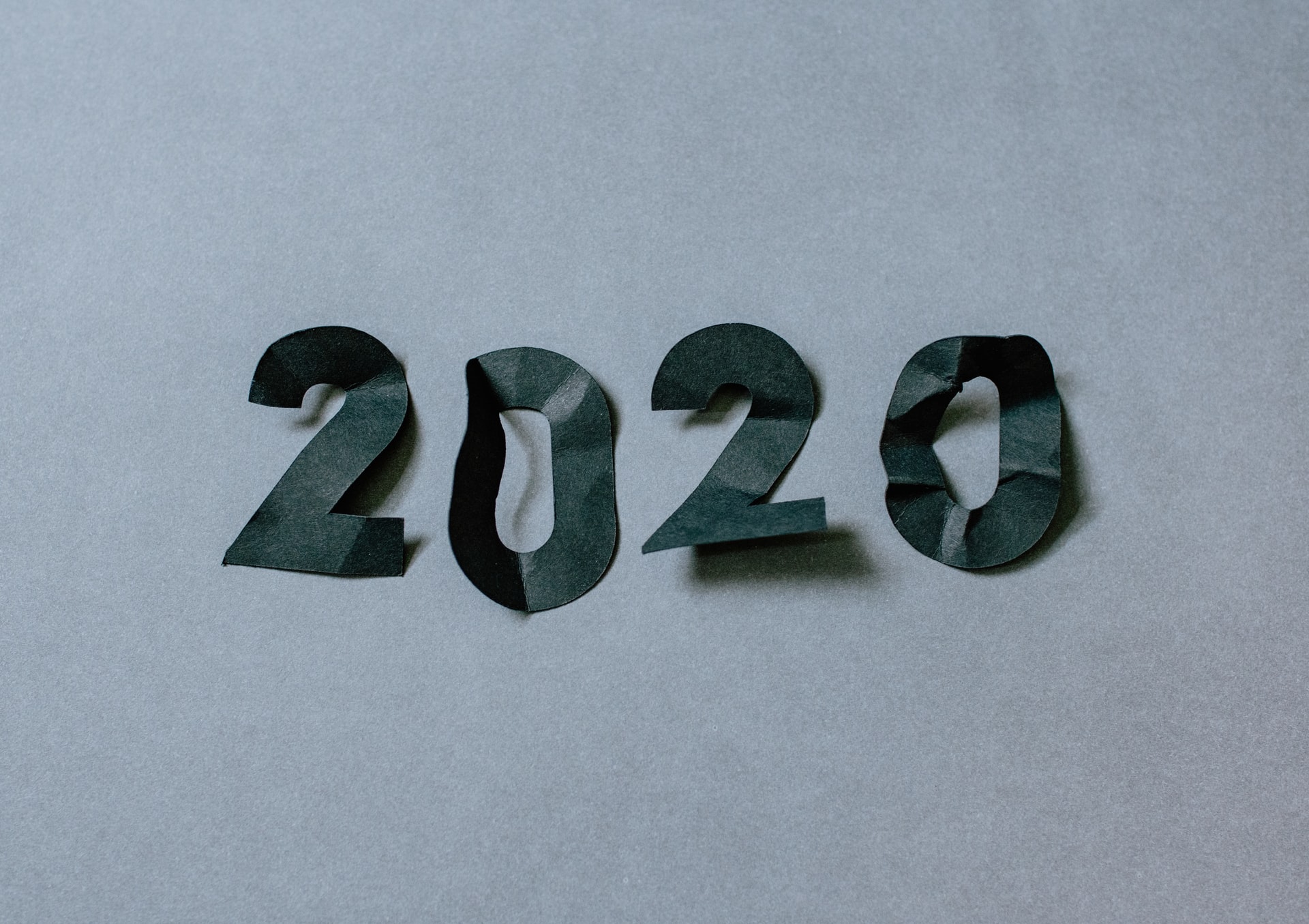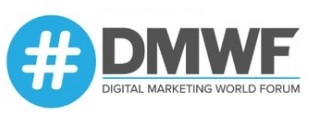
How tough was 2020 for marketers amid a global pandemic? In many ways, it depended on your industry. But navigating Covid-19 was a struggle for all.
It was okay to not be okay at times, with the knowledge that 2021 will – all being well – improve, and the knowledge of the marketing best practices which emerged over 2020. As Scott Brinker put it to this publication in December: “This is stressful, but you’re not alone. Everyone’s in the same boat, so that makes it a little bit easier to say – this is the state of modern marketing, let’s just embrace it.”
Without further ado, here are the highlights from MarketingTech from 2020, as seen by the editorial team:
Covid-19
While nobody was able to predict a post-coronavirus world with any degree of certainty, many marketers saw the spring as an opportunity to reset and recalibrate their processes.
Niki Hall, CMO of Selligent, wrote in April of her key digital marketing strategies for redefining and redeployment. These included using omnichannel advantageously, test-driving inbound marketing for a surge in online traffic, and redefining business goals. What do customers want now and what do they need to hear? Can your brand fulfil that need?
This theme of rethinking and rebuilding was echoed by Brandwatch in a piece from October. The company understandably saw significant uptick in enquiries for its crisis monitoring technology, and through a bespoke resource centre, companies were able to make educated decisions around their positioning.
Writing in June, Daniel Andrews, CEO of agency the tree, noted examples of brands who were able to pivot quickly. Nike launched an entire PPE (personal protective equipment) range, while American Airlines and EasyJet were praised for not ‘ramming sales down the throats of their audiences, but ‘ensuring’ they would be front of mind when the travel ban [was] lifted.’
Having the right culture in place was a real advantage. “Though many businesses have invested a lot of time in culture since the lockdown began, the benefit you get from this unsurpisingly pales in comparison to the benefit that came from investing in culture over a long period before the crisis,” added Andrews. “Put simply, businesses with strong cultures have more trust, better collaboration, and higher levels of motivation: essential at a time like this.”
Sustainability, empathy, and mindfulness
As can be seen in sister publication CloudTech’s 2020 review, one element which came through as Covid-19 raged was that of more sustainable and mindful marketing. This has already been explored through the consideration of Gen Z’s values in the workplace, but exacerbated here.
In September Matt Williams, chief creative officer at Kindle Communications, noted this very point. Even before the pandemic, the focus of sustainable experiential marketing was shifting towards activism. But now, if you haven’t got both eyes on a green future – Salesforce for instance launching Quest, a sustainability-related experience game, for Dreamforce – then you’ll miss out. Again, resetting was cited.
At the very beginning of 2020 Ionna Stagia of Teads noted research from the beauty industry which showed consumers wanted far more action on eco and ethical issues. “Brands who put sustainability at the core of their efforts and communicate this honestly and transparently will be well placed to take advantage,” wrote Stagia. “In other words, beauty companies’ words and actions must be more than skin deep.”
Looking forward, Joel Davis, CEO of social ad tech firm Mighty Social, noted the need for mindful marketing in 2021. “Mindful marketing may sound like a combination of Buddhism and Seth Godin, and to a certain extent it is, but it is not a fleeting trend,” he wrote in November. “If the pandemic has taught us anything, it is that we need to reset our attitudes and mindsets to how we want to live.”
MarketingTech’s best interviews of 2020
Anna Griffin, chief marketing officer, Smartsheet
In April, Griffin told MarketingTech about the tenets she believes to be vital towards making a great marketer. Having the right emotional quotient (EQ) is important, as well as being ‘chief knitting officer’ – being able to weave the different product lines and storylines – but above all, she stated, was curiosity.
“My generation came of age working in that hierarchy, the silos, the top-down. We no longer live in this work construct where somebody cornered the market on good ideas. The agile mentality of allowing marketing to play with product from the get-go is such a gift that we didn’t have. Just be curious, ask questions, connect the dots, because that’s what’s going to make you a better marketer.”
Aimee Stone Munsell, chief marketing officer, Contentsquare
A month later, Stone Munsell spoke to MarketingTech around the opportunities she had in working in various sectors, learning new insights about marketing each step of the way. Stone Munsell added there was value in ‘lateral moves’ and echoed Griffin in taking opportunities to influence your organisation – wherever you are in the chain.
“I see a lot of people concerned at every level about titles, and not about the leadership and the accomplishment of driving projects. No matter what level you’re at or what the formal hierarchy is, it’s recognising where there’s an opportunity and a need in the business, and proactively stepping up to volunteer to help drive that or contribute to that project.”
Scott Brinker, VP platform ecosystem, HubSpot, chiefmartec.com
In December, Brinker spoke to MarketingTech about his vision for martech and web experiences of the near future. He emphasised his belief that AI was not going to remove the job of the marketer, partly down to a shift from what he calls ‘big data to big ops’.
“It’s not just about collecting data and keeping it in some data lake, it’s about all these apps, and workflows, and processes, automations, and machine learning algorithms that are now running in parallel. How do we manage across all these different tools and make sure they’re well governed and synchronised, and that we’re not getting misaligned?”
John Mellor, chief strategy officer, Domo
The same month saw John Mellor sit down with MarketingTech to discuss all things strategy. Whereas strategy at his previous employer, Adobe, was primarily down to acquisition, for Domo, a cloud BI platform provider, it’s about finding the right audience with the right offer, and making it repeatable.
Hence the life of a B2B marketer, juggling so many plates.
“With B2C [marketing], sometimes you can have a real one-hit wonder and do a Superbowl commercial and voila, you’ve created a ton of demand, your servers melt, and you sell a bunch of product. B2B doesn’t really work that way. It’s an orchestra between the product, the sales team, the customer service team, and the marketing team.”
Photo by Kelly Sikkema on Unsplash

Interested in hearing leading global brands discuss subjects like this in person?
Find out more about Digital Marketing World Forum (#DMWF) Europe, London, North America, and Singapore.






Thank you for this amazing article. It helped me much
Thank you for this amazing article. In covid time all thing are changing in marketing. Now online marketing is necessery fo all of us.